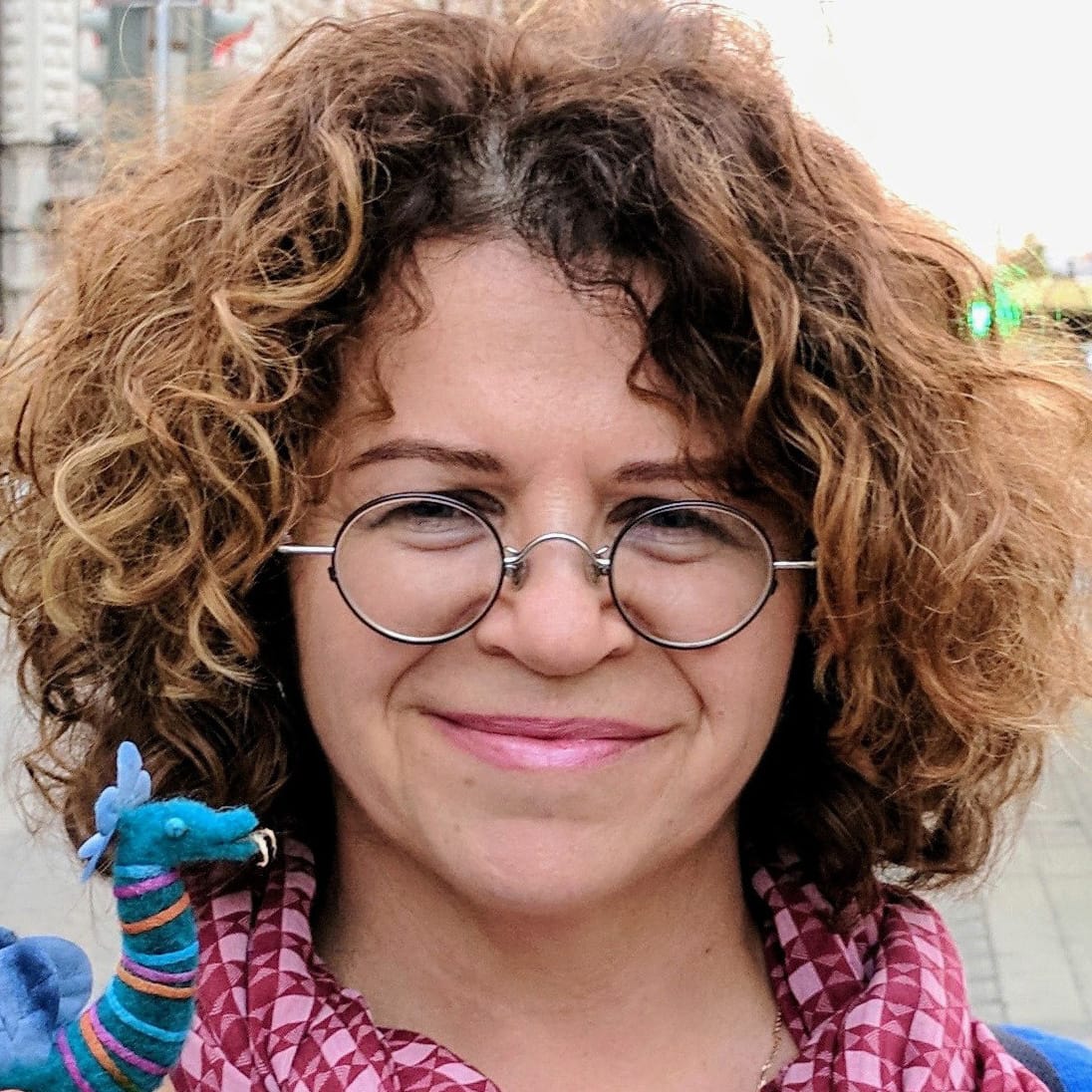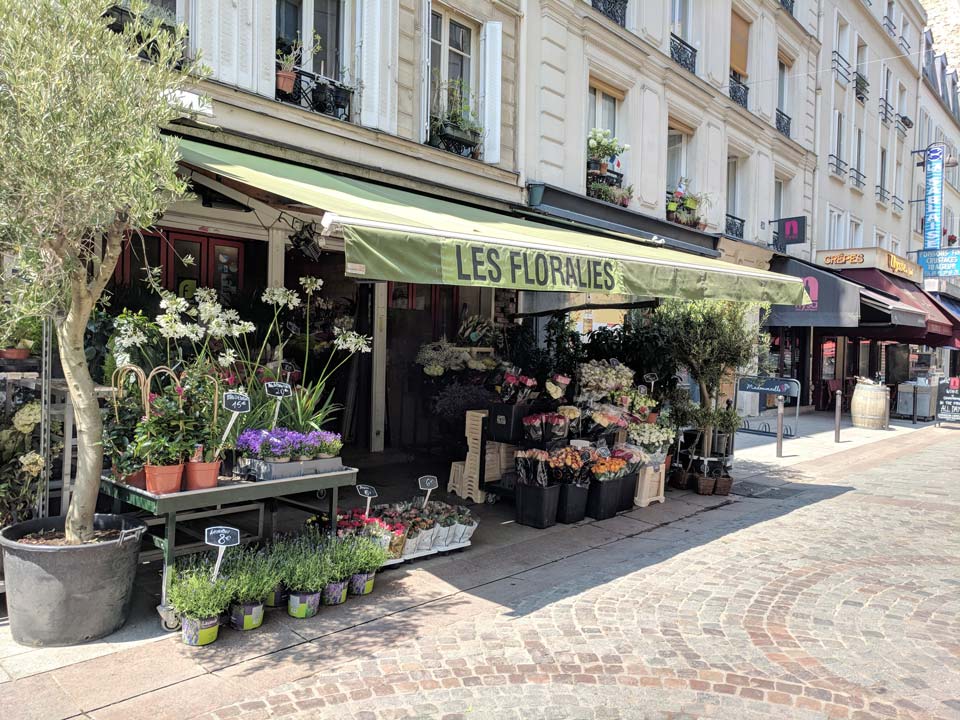People travel for a number of different reasons. They are interested in seeing various attractions, museums, foods, architecture, landscapes, nature, cultures, history and so on. But traveling is a complex activity, and one can't completely avoid interactions with locals. At least, not unless you stay in an all-inclusive resort or hire a personal guide. And even if you can do that - what's the point of depriving yourself of one more aspect of a travel adventure? As for independent tourists, a knowledge of some basic words and phrases could make a huge difference. Isn't it nice to be able to read the signs "push" and "pull" on doors and avoid struggling when entering or exiting buildings? Or to know right away whether the store is open or closed, whether the train is delayed, or if the ATM is out of order? In all countries people are delighted when visitors greet them and thank them in their language, even if they switch to English after that. Even a little knowledge of the local language may contribute to your safety and convenience!
Usually people plan their vacations in advance, oftentimes a few months ahead. That gives enough time to learn some basic words and phrases. While learning basic vocabulary takes some effort, it is easier than you might think. Mere 15-20 minutes a day will give you a strong base after a couple of months.
“But I still won’t be speaking freely!” Yes, but at least you will be able to say “Hello!” and “Thank you!” and the local people would greatly appreciate your desire to communicate with them in their language. Learn some digits, and it might help you to get to the right train. Learn the phrase “where is the restroom?” or “where is the bus station?” and people will show you the way.
A lot of people mistakenly assume that English is understood and spoken everywhere. In reality, it is not true. Unless you stay within a beaten-and-trod tourist path, you will likely run into situations when you can’t even ask how to get back to the city center. So please, take the time and learn some phrases, and take your travel experience to the next level!
For those who are ready to dive into a new adventure, I prepared a list of resources I used for studying Italian, Spanish, German, and French:
All languages:
Podcasts by Radio Lingua - "Coffee Break Languages":
Through short 25-minute lessons they teach languages from beginner to intermediate levels. What I like about Coffee Break Italian (Spanish, French, German, etc.) is the following: the lessons are tailored specifically to travelers, starting with very simple phrases and gradually building to a more extensive vocabulary. Each lesson is fun and friendly, and as a bonus you get some cultural information on the respective country. Where to get: • Listen to free podcasts on Spotify (Search for “Coffee break Italian”/ “Spanish”/ “German,” etc.)
• Watch free videos by “Coffee Break Languages” on YouTube
• Go to https://coffeebreakacademy.com/ for all their courses (the premium content requires a purchase)
Free content works very well for the average language learner. I have never felt like I was disadvantaged by not spending money on it. Of course, I am sure that if you do decide to pay to unlock more of the “Coffee Break'' team's content, you will not be disappointed. These guys are amazing!
DuoLingo: an effective tool for exploring new languages and reviewing/memorizing vocabulary. However, a disclaimer: Duolingo alone is definitely not sufficient. It should be used as a supplement to other resources.
Anki: If you like to use flashcards, check out https://apps.ankiweb.net/. The customizable Anki decks are a wonderful way to build up vocabulary using spaced repetition.
Forvo: Clear pronunciation matters! If you want to be understood when you speak, take some time to practice your target language’s sounds. Check out Forvo, an online pronunciation dictionary: https://forvo.com/.
Italki: Ready to practice your conversation skills or feeling like you need a personal teacher after all? Go to https://www.italki.com/. This website connects teachers and language learners. It works pretty straightforward: you set up a student account and add some funds to your "Italki wallet” - as little as 20-30 dollars should be a good start. The funds will be withdrawn from your account only after a lesson is completed. One hour lessons usually start from about $10.
Now browse teachers of your target language. They all have a video introduction of themselves - you can take a look at their profiles and see all credentials, number of lessons already taught, student reviews and ratings. Note: there are two kinds of teachers on Italki: teacher and community tutor. Teachers have a certification of foreign language education and for most of them teaching is their primary profession. Community tutors are native speakers who can help you improve your conversational skills. Naturally, sessions with a tutor are less expensive than with a teacher. I always go with the teachers, as they usually have a more defined/structured curriculum, PDFs of textbooks and exercises, and simply more experience in teaching. Tip: choose a teacher who is a native speaker of your target language. This way you can be sure that you will hear proper pronunciation from day one. Plus, all your questions concerning culture, slang and idiomatic expressions will be reliably answered right away.
All of the resources mentioned above can be used for almost any language. Below is a list of textbooks that I have found useful for specific languages:
Textbooks
Italian:
•Italian: A Self-Teaching Guide, 2nd Edition by Edoardo A. Lèbano
•Italian Verb Drills, Third Edition by Paola Nanni-Tate
•Preposizioni: A short guide on the correct use of Italian prepositions (Piccole Guide)
Spanish:
•Easy Spanish step-by-step by Barbara Bregstein
•Practice Makes Perfect: Complete Spanish Grammar, Premium Third Edition by Gilda Nissenberg
German:
•Easy German Step-by-Step (Easy Step-by-Step Series) 1st Edition by Edward Swick
French:
•Easy French Step-by-step by Myrna Bell Rochester
•Practice Makes Perfect: Complete French Grammar, Premium Third Edition 3rd Edition by Annie Heminway
There is also enormous amount of language learning apps for smartphones, you may try some and see what works for you the best.


